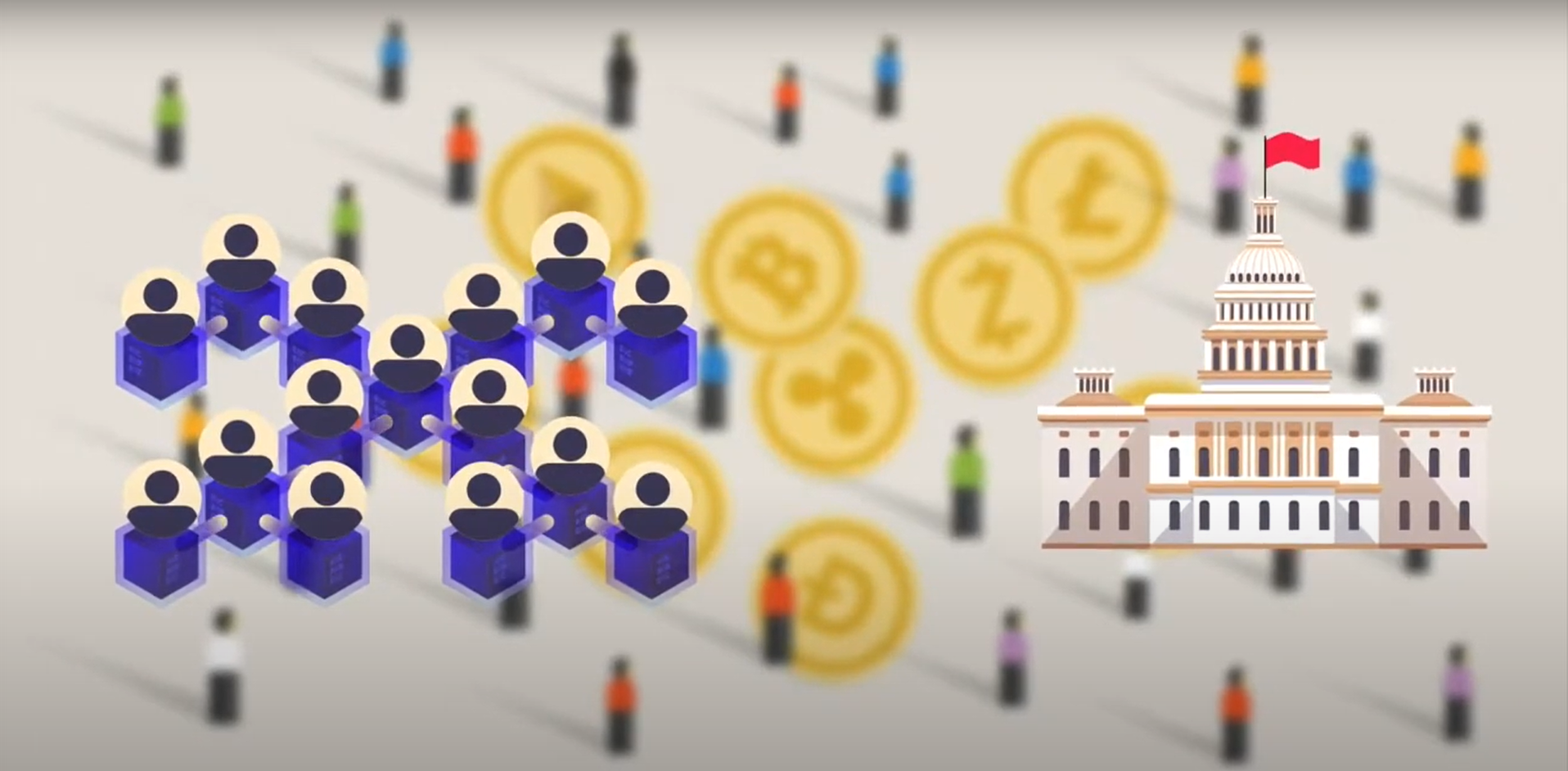Transcript
When considering FinTech governance, especially for blockchain technologies, is lack of regulation a pro or a con? Blockchains are regulated like industry groups or even members-only clubs. And the mechanism for governance is generally based on the principle of majority rule.
But is majority rule always right?
This is like straight back to The Greece, right? But the reality is that most modern democracies are not actually direct democracies where the simple majority always wins and governs. So this is why we think that Bitcoin and blockchain are simultaneously so appealing, and yet so threatening.
Because the one-person one-vote system idea is basically built into the code. And so whoever controls the majority, they also get to rewrite the rules. And your identity is typically anonymous, so it’s difficult to identify who the other actors are.
So these principles raise a whole host of interesting issues. Because as you think about particular blockchain protocols be it Bitcoins, Ethereum or other forms of widespread protocols that are gaining more and more types of different use cases, we could easily imagine a situation, where a particular protocol application becomes so widespread, and affects so many other people.
Do we want that to be governed by the members who have the coins who can vote or should that be regulated on a more national or even international level? What process would you trust more?
We’re not advocating that blockchain should be governed at a more national or international level, or have greater regulatory scrutiny per se, but it just raises the question: as these technologies are becoming more pervasive, is the current governance structure the way we want to deal with that? Especially if it is going to impact so many other people who are not necessarily part of the “member system”.
If you consider voting from a corporate governance perspective, the concept of majority voting otherwise characterized as one share, one vote has long been the general rule. But while things definitely started that way the reality is that a whole host of diverse voting mechanisms have been adopted to ensure proper governance.
For example, supermajority voting has been legally built into many aspects of the corporate world. An example of this would be a special resolution to change the name or nature of a company which would require a supermajority of the shareholder votes.
Beyond that basic democratic majority or supermajority voting rule is not always the most efficient way to decide something. Now we have things like cumulative voting or other different methods where like a minority shareholder or a voter could have a stronger influence or a voice on a particular matter.
So if we apply this back to blockchain and cryptocurrencies at their genesis, we need to consider what the best way is, for us to manage them. Should there be a more comprehensive type of voting or control structure? Or do we want a simple majority rule, and just give power to the people? These are the types of questions that are going to take some time to answer.
We talked about governance and how some of these protocols are governed by users, and fundamentally we have to remember that blockchain seeks consensus first and not necessarily fairness or efficiency. And that could be right or wrong, it’s something we’ll have to consider in the future. But will blockchain and its uses create greater inequality in the long run? And if we jump ahead, will people who are already left behind be further left behind?
Discussion Questions
- Should blockchain technology be governed by the democratic principle of majority rule by its members or by some other voting or control structure?






